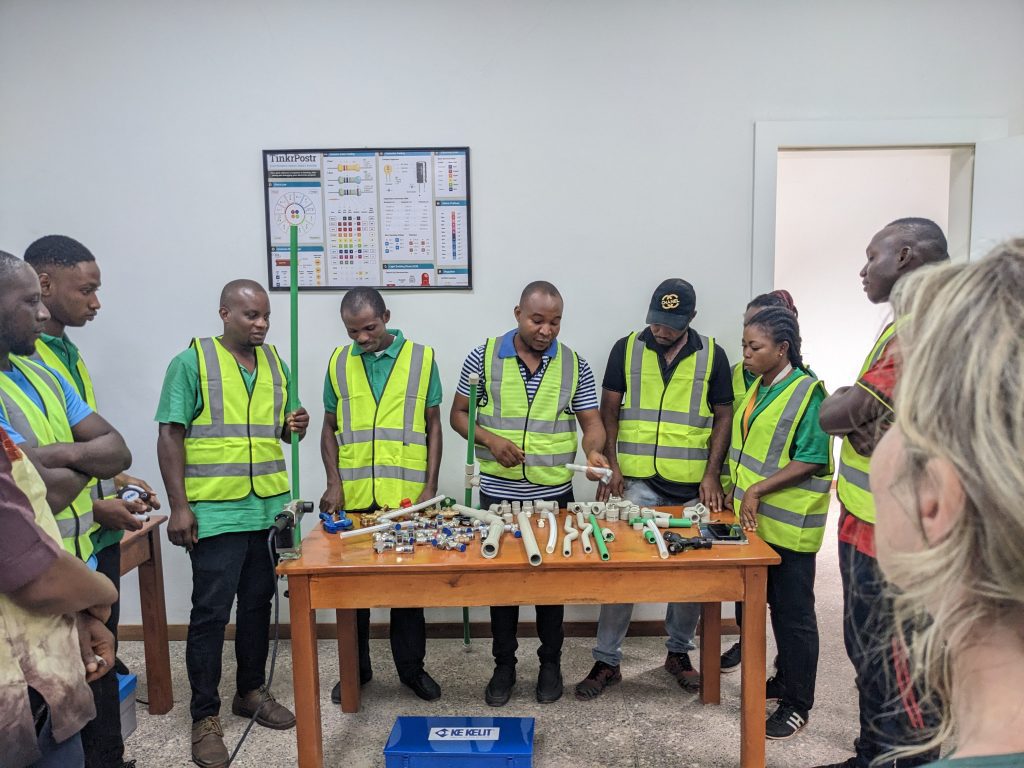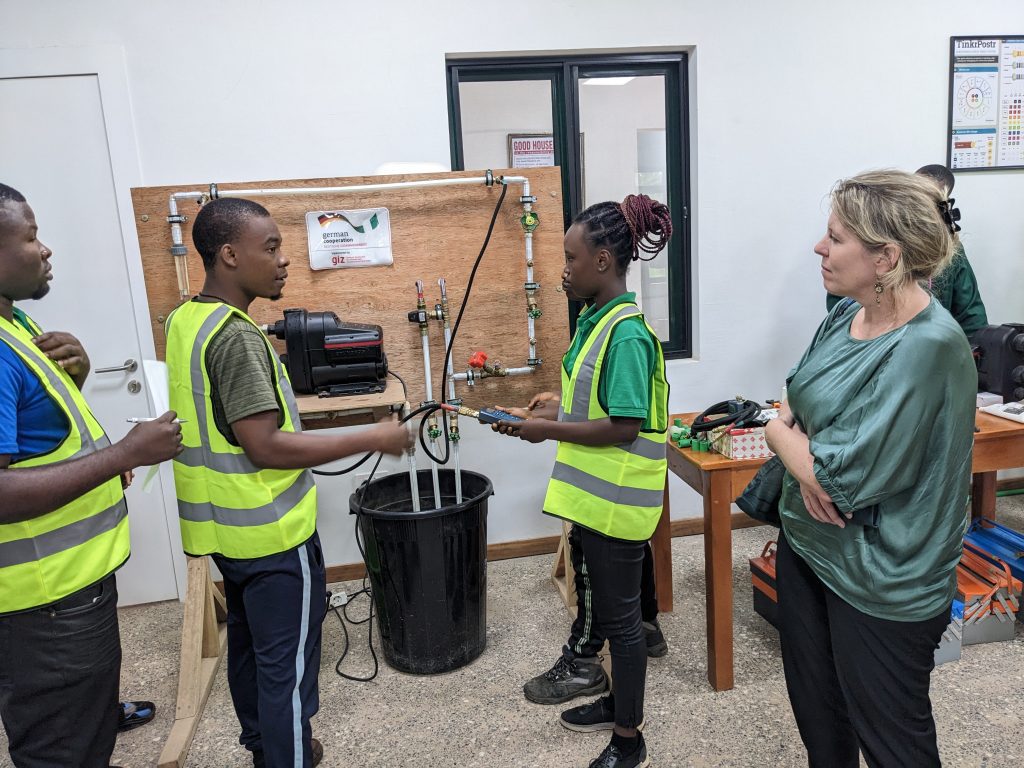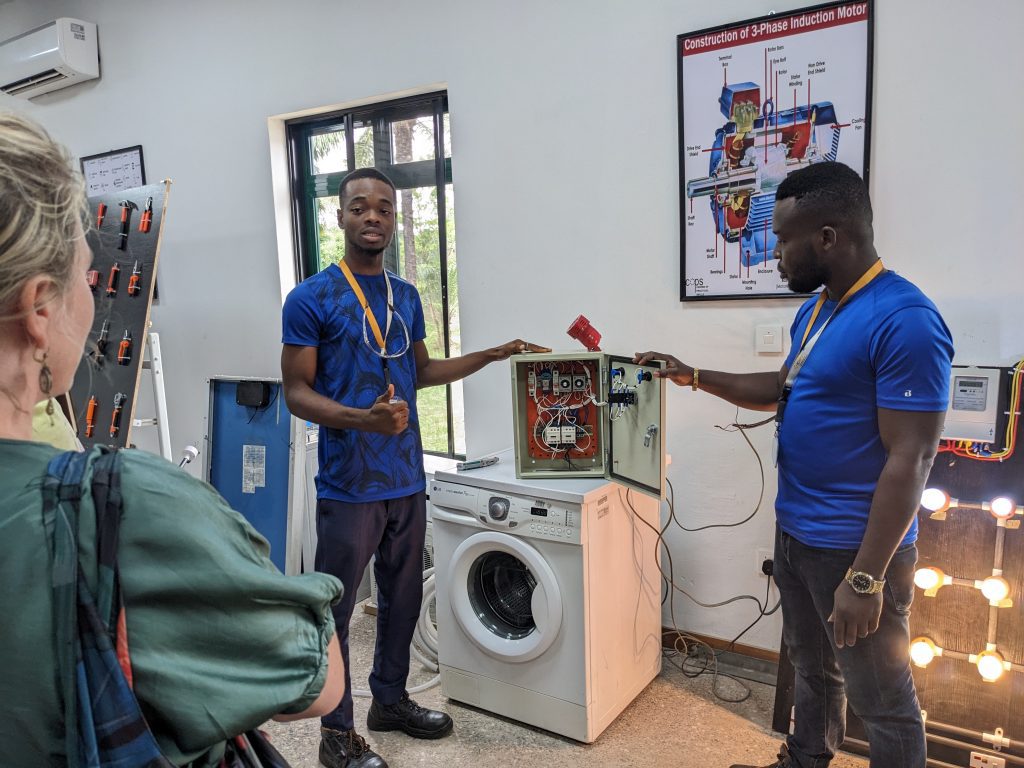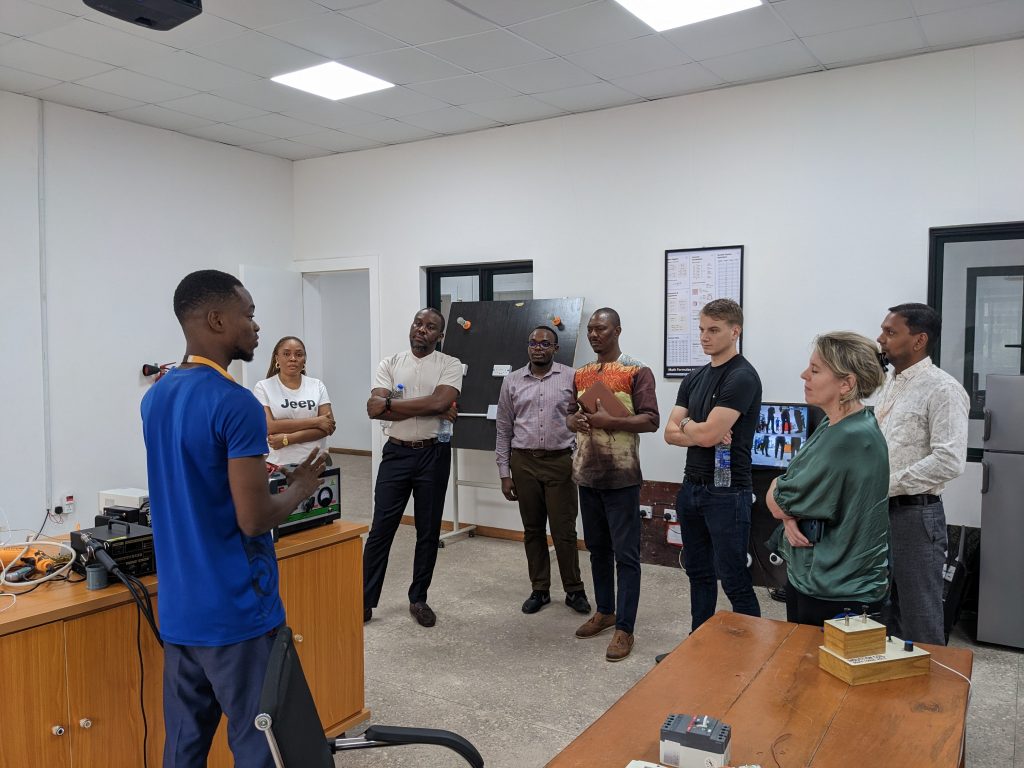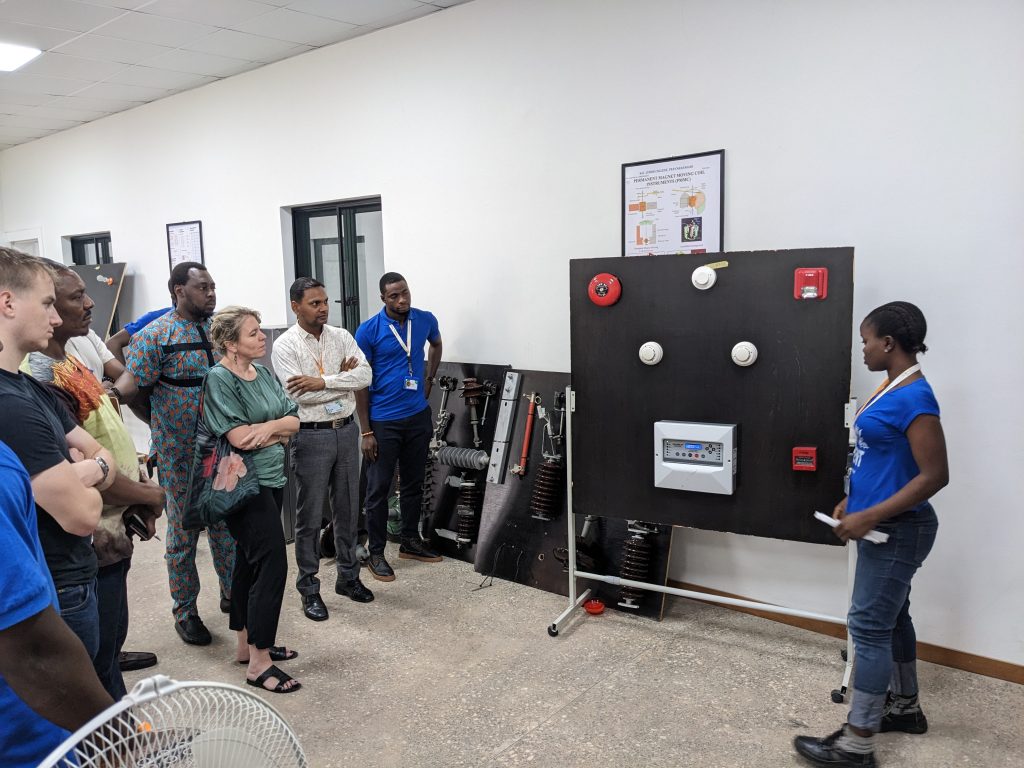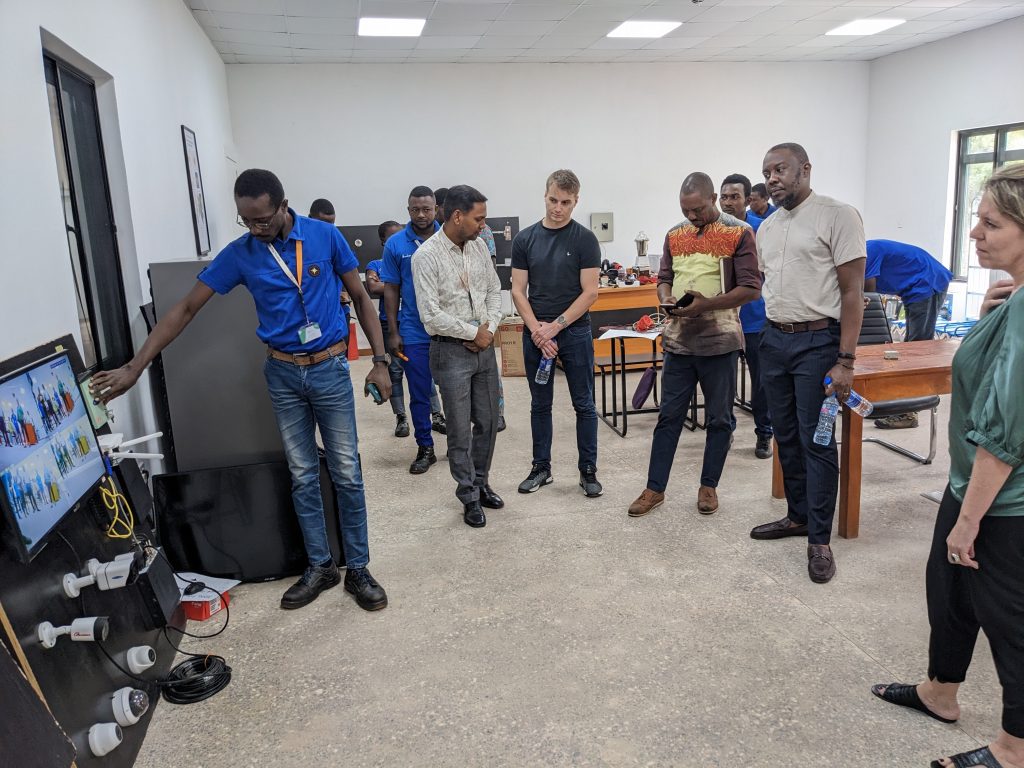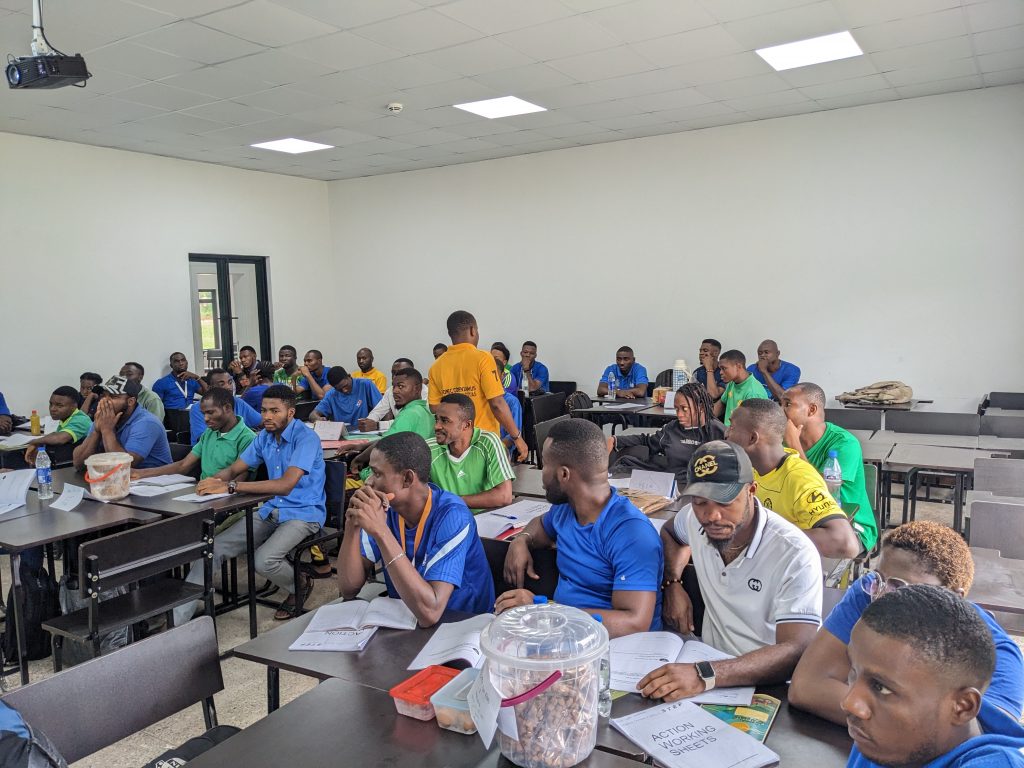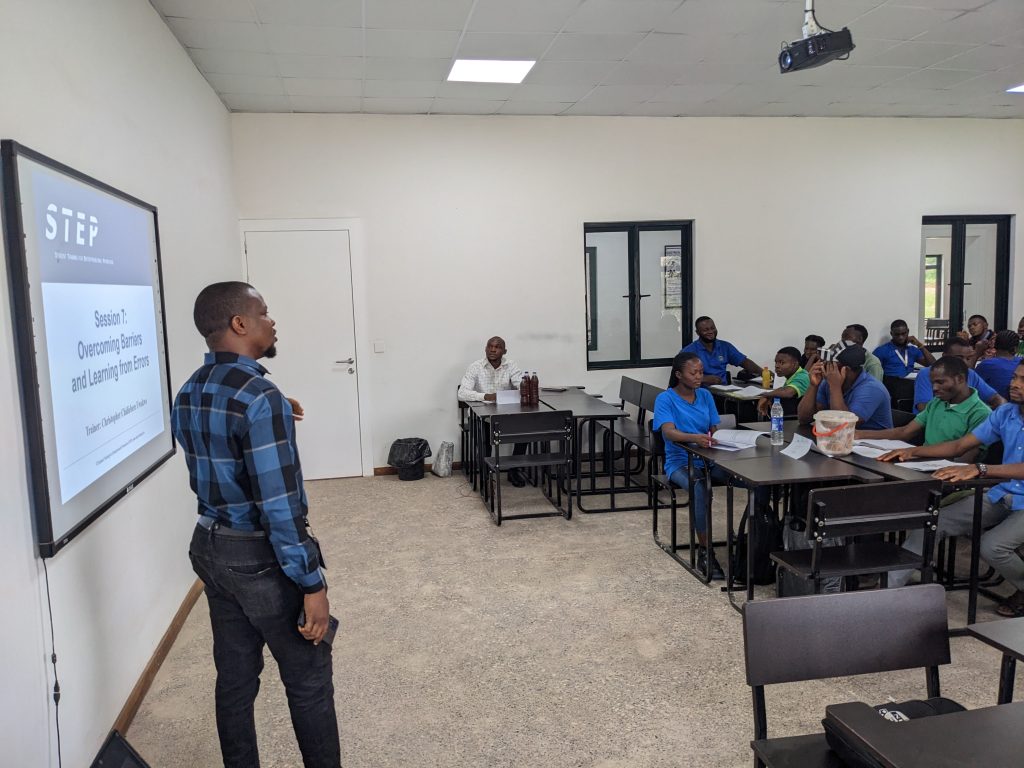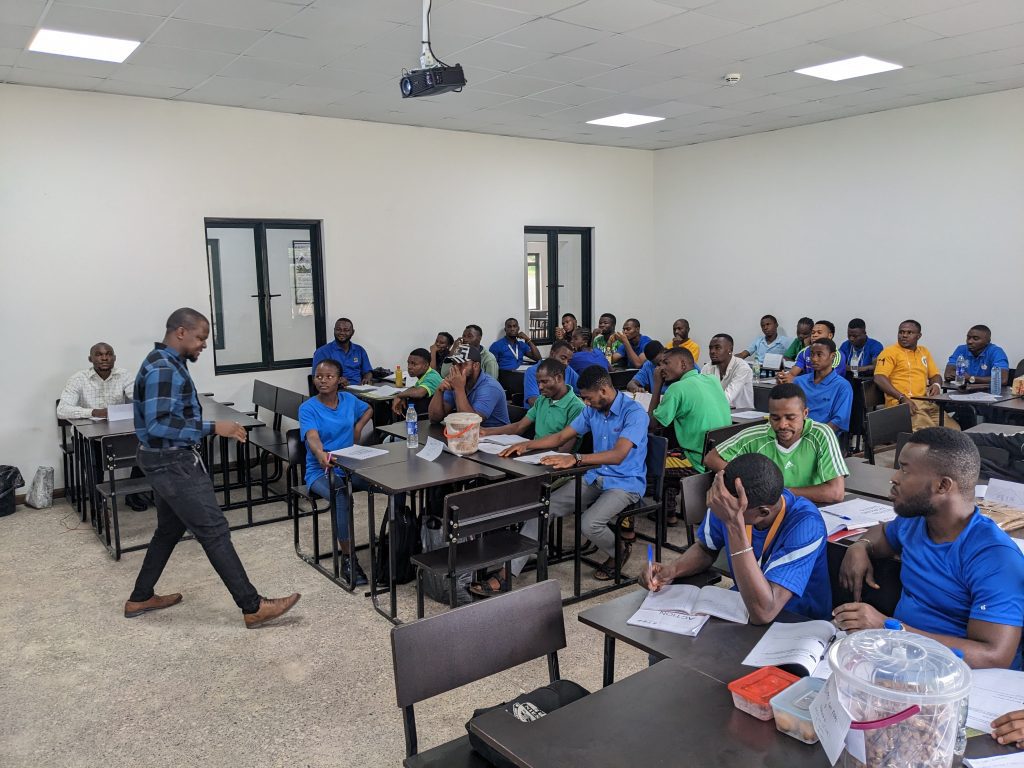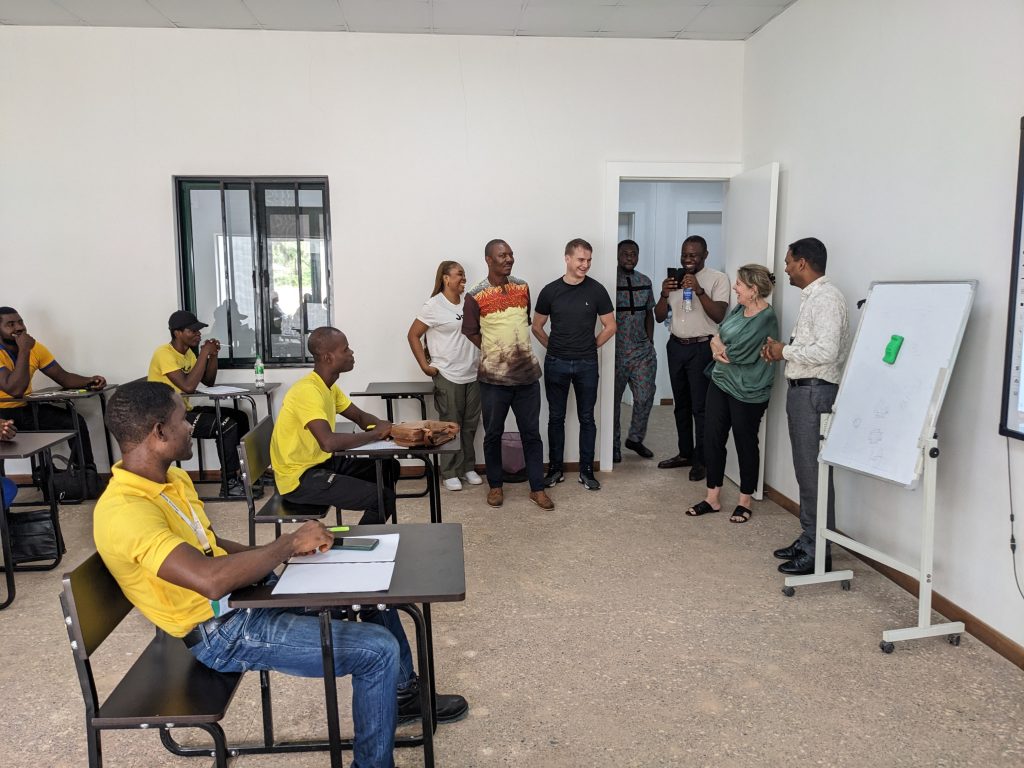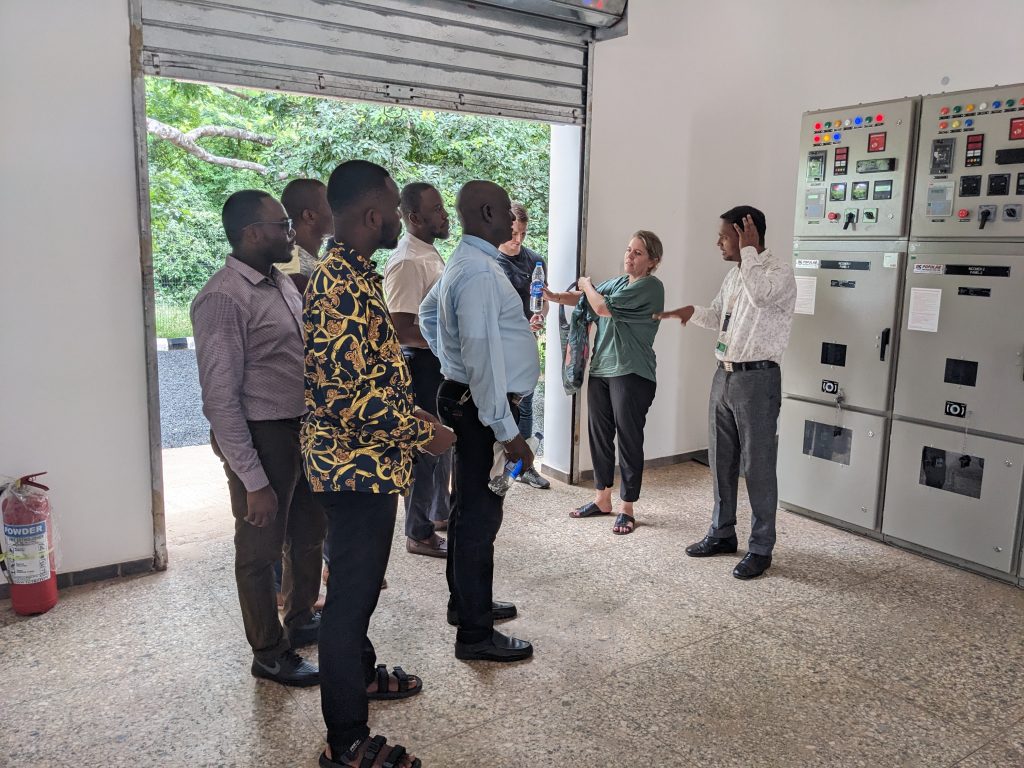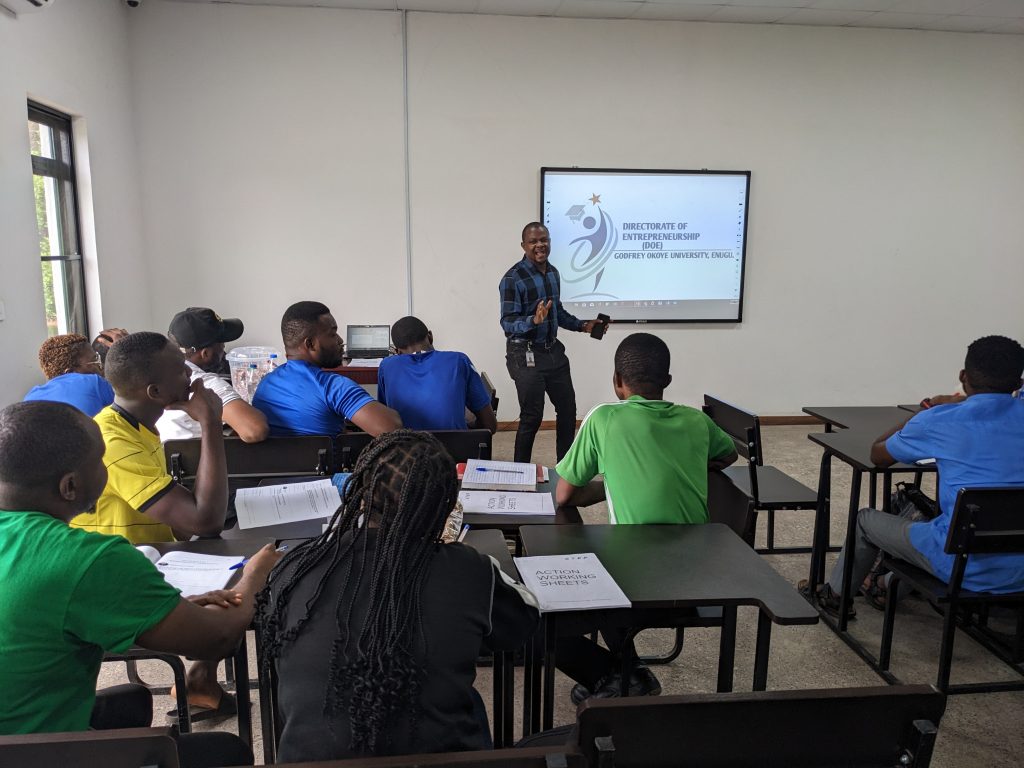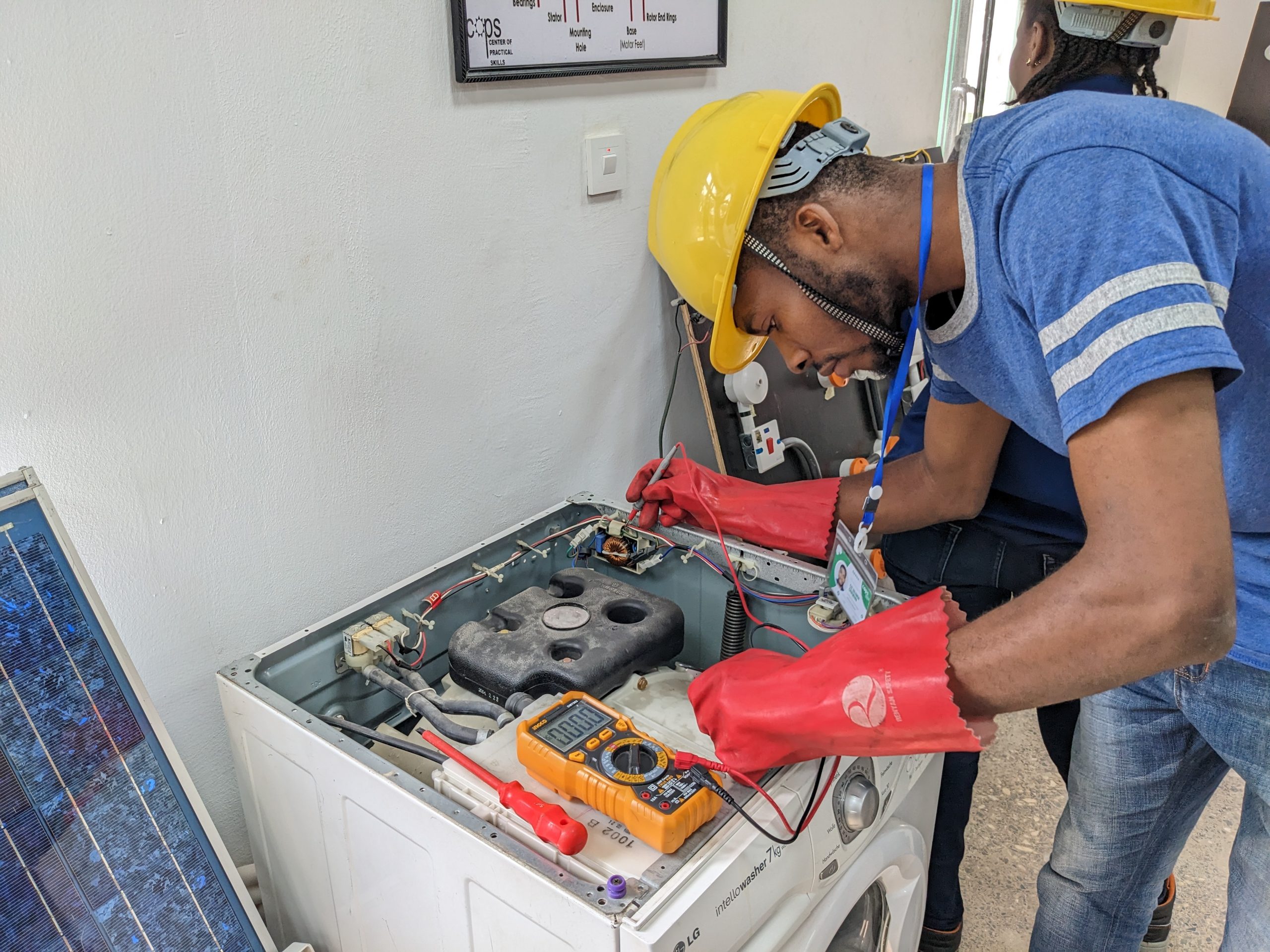
Hands-On Training @CoPS
In today’s job market, having hands-on training can give you a competitive edge. Hands-on training allows individuals to learn practical skills through direct experience and practice, rather than solely relying on classroom-based learning. In this post, we will explore the benefits of hands-on training and why it is an effective way to learn.
What is Hands-On Training?

Hands-on training is a form of experiential learning where individuals learn by doing. This type of training is practical, and interactive, and encourages active participation from learners. Hands-on training can take many forms, including apprenticeships, internships, on-the-job training, and simulation-based training.
Benefits of Hands-On Training
1. Enhanced Learning Retention
Hands-on training enables individuals to learn through direct experience, which has been shown to improve knowledge and skills retention. Studies have shown that people tend to retain up to 90% of the information they learn through hands-on training, compared to just 10% through passive learning.
2. Real-world Experience
Hands-on training provides learners with real-world experience, which is valuable in preparing them for the workplace. Through hands-on training, learners can apply what they have learned in a practical setting, which can help to bridge the gap between theory and practice.
3. Increased Engagement
Hands-on training is interactive and encourages active participation from learners, which can increase engagement and motivation. Learners are more likely to be engaged when they are actively involved in the learning process, as opposed to passively receiving information in a lecture format.
4. Immediate Feedback
Hands-on training provides learners with immediate feedback on their performance, allowing them to take immediate corrections and improve their learning in real time. This feedback can be invaluable in helping learners to understand their strengths and weaknesses and to develop their skills and knowledge further.
5. Builds Confidence
Hands-on training can help to build learners’ confidence, as they are allowed to apply what they have learned in a practical setting. As learners gain more experience and practice, their confidence level will continue to grow, allowing them to take on more challenging tasks and responsibilities.
Testimonials
See what our trainees and teachers have to say about their experiences at CoPS



“Before I started at CoPS, I had no idea what I wanted to do with my life as a graduate in Electrical Engineering. But once I started the hands-on training, I knew that I had found my calling. It was much more engaging and practical than anything I had experienced. You see, touch and use the tools and machines”….. Ogbu Cynthia Tochukwu (CoPS student, Electrical Installation).



“Hands-on training is the best way to learn. It allows learners to make mistakes, learn from them, and improve. Also helps teachers to improve more, it’s also a lot more fun and engaging than traditional classroom-based learning.”… Engr Dennis Nebo (CoPS Teacher, Electrical Installation).



Hands-on training is a valuable way to learn practical skills that can help individuals succeed in their chosen profession. From enhanced learning retention and real-world experience to increased engagement and immediate feedback, hands-on training provides learners with a range of benefits that can help them to achieve their career goals. If you want to gain practical skills and experience, keep following our journey for the next call for applications!
Centre of Practical Skills (CoPS) is implemented by the International Centre for Migration Policy Development (ICMPD) and funded by the Federal Ministry for Economic Cooperation and Development (BMZ) via the project “Skills Development for Youth Employment” which is implemented by Deutsche Gesellschaft für Internationale Zusammenarbeit (GIZ) GmbH, GIZ Nigeria & ECOWAS and co-funded by the Austrian Development Cooperation (ADC).

